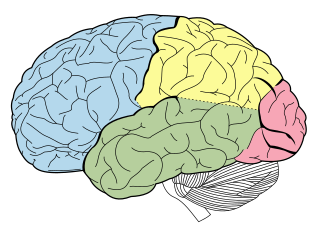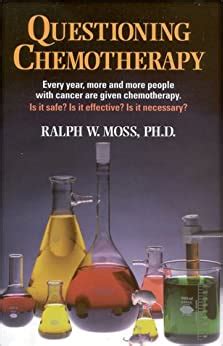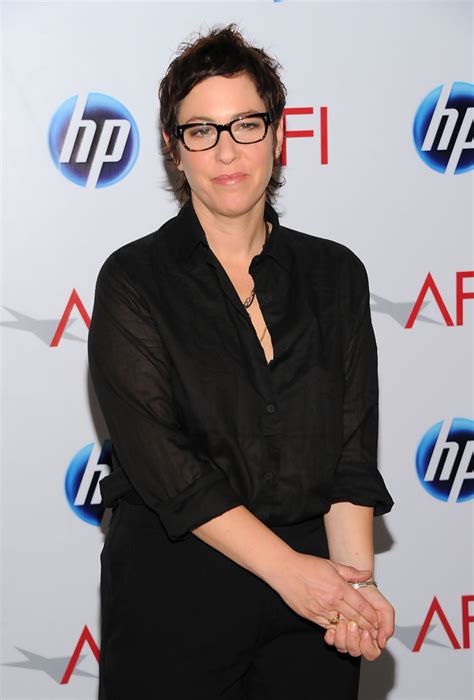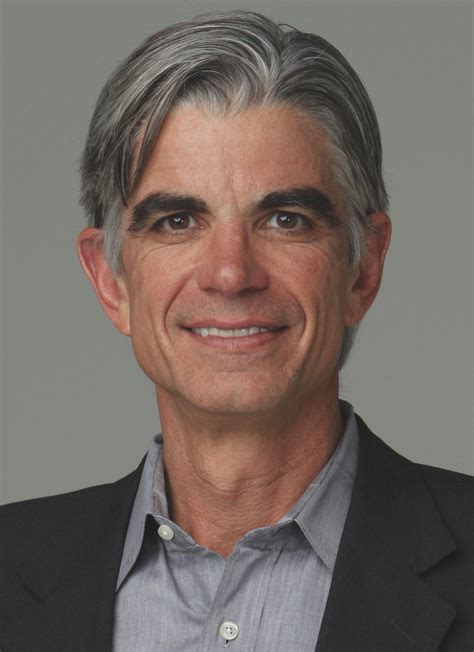A Quote by Don Ihde
What specialists try to do is get at least three imaging processes that are totally different from each other. Then you can run these through a computer program and make a composite image. In one scenario you suspect a brain tumor, so you image the brain tumor with PET scans, MRIs, and CT scans and create a 3D model. The doctor opens up the skull to excise the cancer, but they can't see anything. Do you cut out what's supposed to be in that spot or not? The current story is yes, you believe the images over what you see with your eyes.
Quote Topics
Anything
Believe
Brain
Brain Tumor
Cancer
Composite
Computer
Create
Current
Cut
Different
Doctor
Each
Eyes
Get
Image
Images
Imaging
Least
Make
Model
Opens
Other
Out
Over
Pet
Processes
Program
Run
Scenario
See
Skull
Specialists
Spot
Story
Supposed
Supposed To Be
Suspect
Then
Three
Through
Totally
Try
Tumor
Up
Yes
Your
Related Quotes
See what? I didn’t see anything. There were no scary people there. Nothing freaky. I’m going home now and tomorrow I’m going to have the doctors check for a brain tumor. Full battery of tests. Whole nine yard. Whatever’s wrong with me, we’ll find it and deal with it. At this point, my vote is either tumor or space alien testing. Either one works for me. (Geary)
So many people are struggling to create happiness while their brain is inundated by noise. If your brain is receiving too much information, it automatically thinks you're under threat and scans the world for the negative first. Because the brain is limited, whatever you attend to first becomes your reality.
Things happen in my physical body, in my relationships. I've buried three fathers and a mother. I've had a doctor tell me I've got a tumor in my brain. And when you face those situations, they transform you, they change you, and when you're able to break through them to a new level, they allow you to have gifts to give other people.
But if the brain is not like a computer, then what is it like? What kind of model can we form in regard to its functioning? I believe there's only one answer to that question, and perhaps it will disturb you: there is no model of the brain, nor will there ever be. That's because the brain, as the constructor of all models, transcends all models. The brain's uniqueness stems from the fact that nowhere in the known universe is there anything even remotely resembling it.
The brain "fills in" the missing information from the blind spot. Notice what you see in the location of the dot when it's in your blind spot. When the dot disappears, you do not perceive a hole of whiteness or blackness in its place; instead your brain invents a patch of the background pattern. Your brain, with no information from that particular spot in visual space, fills in with the patterns around it. You're not perceiving what's out there. You're perceiving whatever your brain tells you.
Jobs offshoring began with manufacturing, but the rise of the high-speed Internet made it possible to move offshore tradable professional skills, such as software engineering, information technology, various forms of engineering, architecture, accounting, and even the medical reading of MRIs and CT-Scans.
We each create a story - a narritive, a picture, an allegory, a model - for what's going on in the universe. And then we fight - sometimes to the death - to make others believe in that model, or to be able to keep believing in it ourselves. In other words, we try to erase contradictory evidence to that model.









































